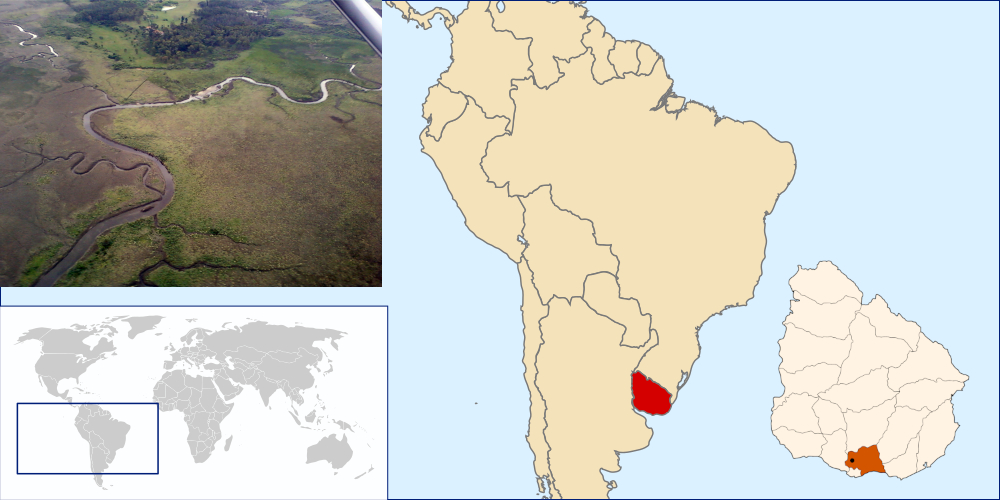An administrative region in Uruguay is setting a model for a hemp food production supply chain, and continues to expand exports to the USA, Europe and other South American countries.
Canalones, located in southernmost Uruguay, operates a grain processing factory, and has as many as five food companies that use hemp seed as an ingredient in their products, according to Luis Garrido, general director in the local government of the region, known as a “department.”
FDA approved
Production has the stamp of approval from the U.S. Food and Drug Administration (FDA) for imports into the United States, and authorization to export specific CBD products has been granted by Uruguay’s Ministry of Public Health.
The government of the region started promoting the expansion of the hemp supply chain two years ago. While Canelones is the only department in Uruguay that hosts a licensed importer of hemp grain, Garrido said local officials plan to expand the domestic area planted with industrial hemp to provide more locally sourced raw materials. Those inputs can then be processed into exports for markets in Europe and to key Latin-American markets such as Argentina, Brazil, Chile and Colombia, he said.
Trendsetter
Uruguyan officials have long seen hemp’s promise both domestically and for export. The country legalized all forms of cannabis in 2013, and was one of the first countries in the world to set a maximum THC limit of 1.0% – bucking an outdated global standard which, to this day, still holds to 0.3% THC as the formal dividing line between hemp and marijuana.
Canelones is known as a significant contributor of high-value crops to Uruguay’s agricultural sector, and is a major player in the country’s growing wine industry, with widespread cultivation of grapes. Farmers in the area also produce other fruits, vegetables, and a variety of cereal crops in moderate quantities.

